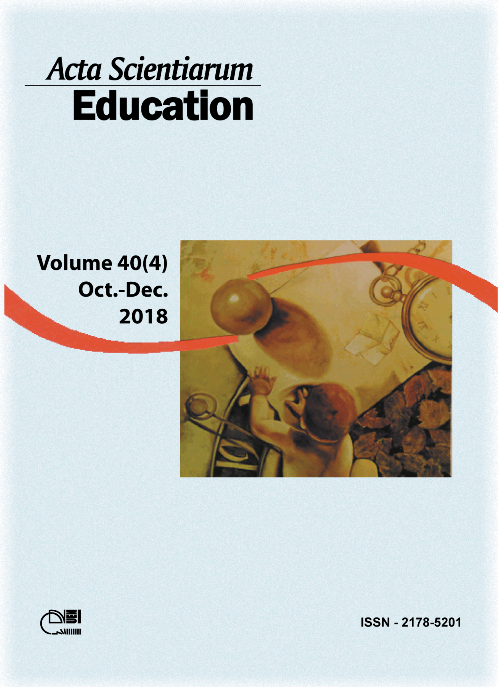<b>Undergraduate courses in Sinaes: the institutional practice between national and international parameters for evaluation and accreditation of quality
Abstract
This paper aims to understand the official quality parameters present in the evaluation of undergraduate courses. It presents a theoretical approach to evaluation, a discussion on national and international parameters for evaluation and accreditation of quality, an analysis of official documents and a case study involving Administration, Nursing, Engineering and Pedagogy undergraduate courses, examining institutional documents, results of evaluations and interviews. Based on the documentary analysis, it was concluded that Sinaes (Brazilian National System for Evaluation of Higher Education) established variable quality standards: a) pedagogical/formative conception existing in institutional self-evaluation; b) compliance with legal requirements set forth in the instrument for undergraduate courses evaluation; and c) students’ performance as a basis for calculating indicators for courses and Higher Education Institutions. The case studies led to two groups. In the first group, the presence of elements valued by in loco evaluation instruments was observed in the institutional practice: academic community participation, coherence between pedagogical and institutional projects, connection between undergraduate and graduate courses, socioeconomic profile of graduates and connection between professional training and society. In the second group, Higher Education Institutions demonstrate to follow the logic of regulation, taking Enade (National Examination of Student Performance) and other evaluation instruments as a reference for course quality and adapting its institutional project for them.
Downloads

This work is licensed under a Creative Commons Attribution 4.0 International License.
DECLARATION OF ORIGINALITY AND COPYRIGHTS
I declare that this article is original and has not been submitted for publication in any other national or international journal, either in part or in its entirety.
The copyright belongs exclusively to the authors. The licensing rights used by the journal are the Creative Commons Attribution 4.0 (CC BY 4.0) license: sharing (copying and distributing the material in any medium or format) and adaptation (remixing, transforming, and building upon the material thus licensed for any purpose, including commercial purposes) are permitted.
It is recommended that you read this link for more information on the subject: providing credits and references correctly, among other crucial details for the proper use of the licensed material.















































